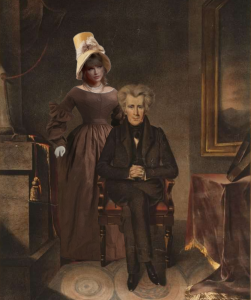Updating an iconic character for the 21st century is no easy task, especially one who has existed since 1887. Yet “Sherlock,” which aired on the BBC in England, then PBS in the States, takes Sir Arthur Conan Doyle’s famous detective Sherlock Holmes and partner Dr. John Watson, and makes them right at home among smart phones and wireless internet. It is a modern adaptation that does everything right in its setting and characterizations.
The three-episode miniseries (a second series will air in 2012,) does not show London as the dark, mysterious city of Doyle’s stories, but a bright and vibrant place with skyscrapers and classic Victorian-era architecture. It is modern in nearly every possible way: in one scene, while investigating a murder victim, Holmes uses his phone to search the Internet, finding evidence that the police don’t even think of looking for.
For any adaptation of Sherlock Holmes, the chemistry between Holmes and Watson must be evident and strong. Benedict Cumberbatch and Martin Freeman give the relationship an enormous amount of credibility. Holmes is always one step ahead of the police, but it is Watson’s job to keep Holmes grounded in reality, making sure to solve the case at hand. The two actors truly inhabit their characters, making the duo very believable.
There are very few great detective shows anymore. “The Wire” was such a game changer for the genre that few TV series come anywhere close to being as incredible as the HBO classic.
But “Sherlock” is one of the best in years. It is witty, clever, incredible to look at and above all, smart. It borrows slightly from “CSI,” but does so in such an organic way that one may miss it if they don’t watch closely enough.
At just three episodes, it is an easy watch that anyone who enjoys police dramas should see. Though it already aired on PBS, it is available on DVD and online at Netflix.




